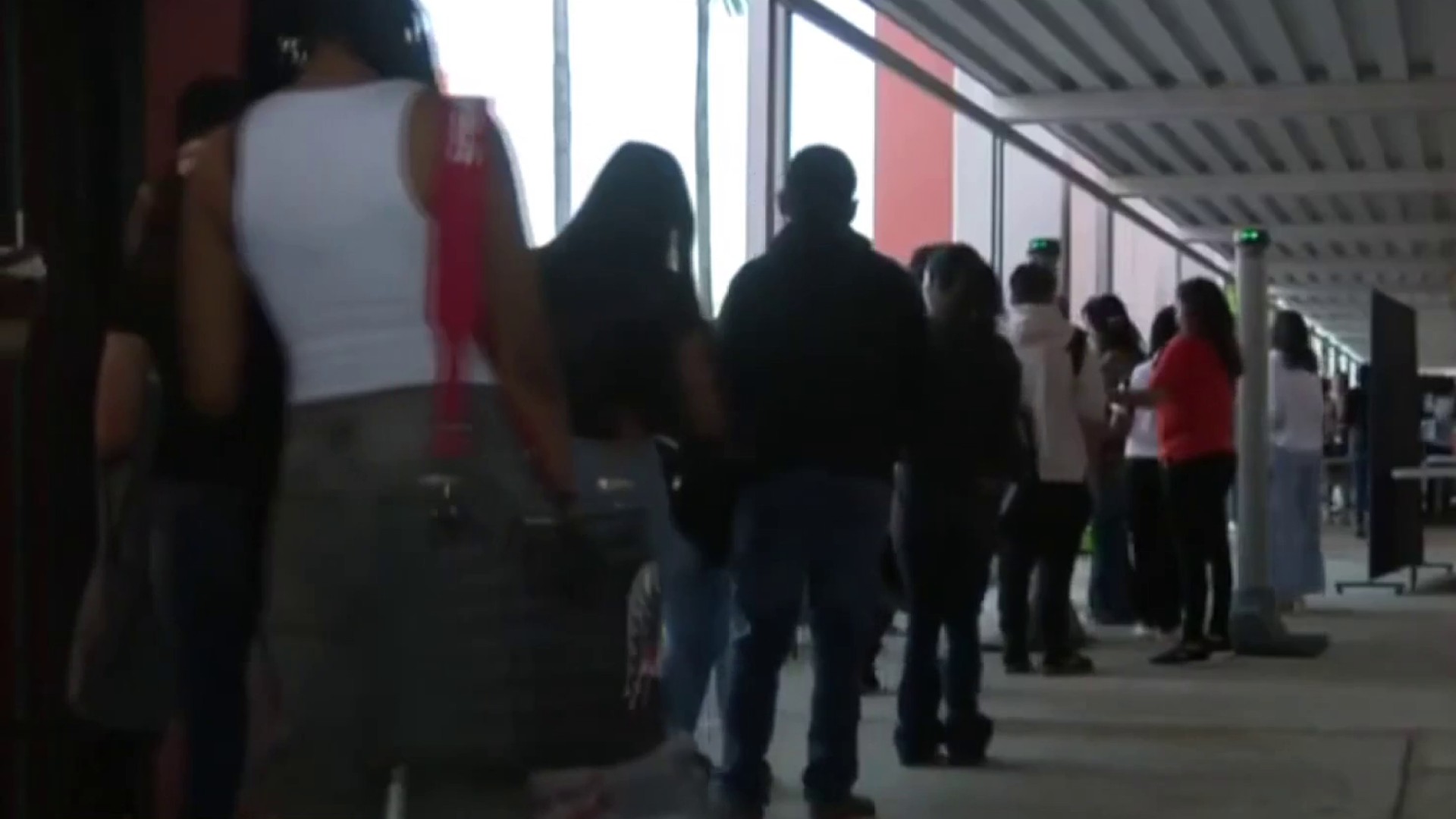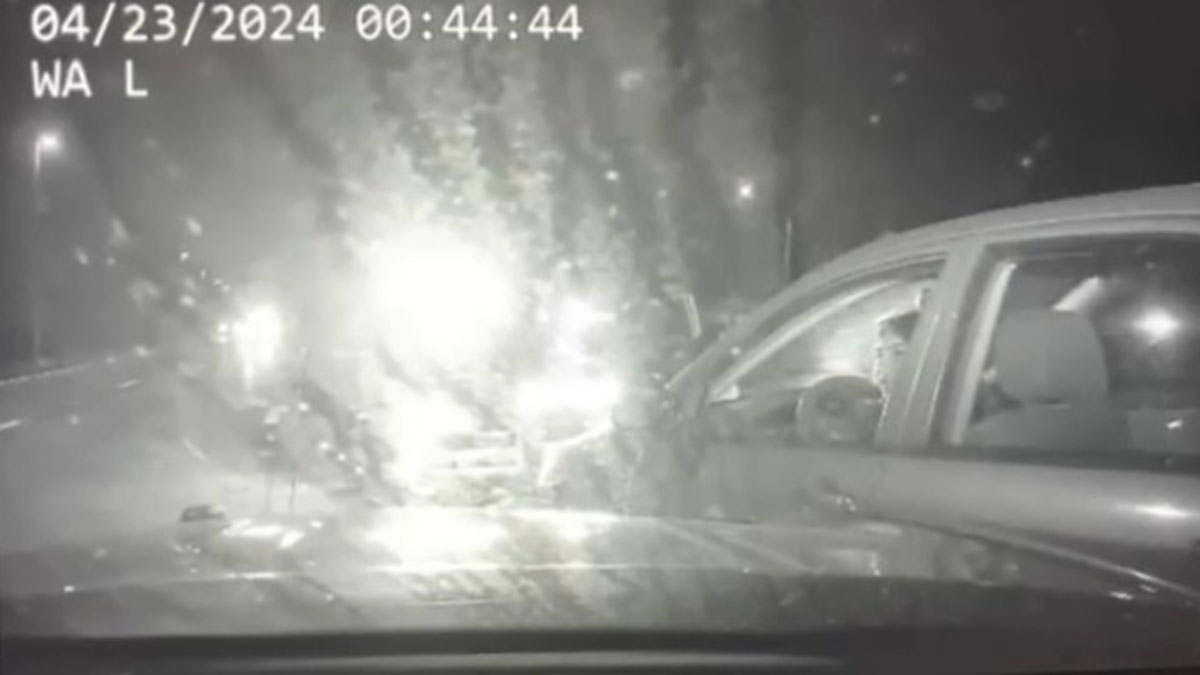A divided Florida Supreme Court ruled late Tuesday that groups suing the Legislature over new political maps may use key evidence obtained from a Republican political consulting firm at an ongoing trial, but also said that evidence must not be disclosed in open court.
The decision overturned an appeals court decision that had blocked the use of documents obtained from the Gainesville-based firm.
In a 5-2 ruling, the court added the restriction that the courtroom must be closed when the evidence is presented during the trial over whether legislators drew up congressional districts in a way that would help Republicans.
"We conclude that this is the only adequate, available remedy to maintain the status quo during the trial that is currently ongoing, and that there is a strong likelihood of irreparable harm to the petitioners if the trial is conducted without the ability to offer this evidence," the unsigned opinion says.
The ruling came on the sixth day of the landmark trial that marks the first time new standards adopted by voters in 2010 are being used to challenge how the Legislature drew up districts. The trial is also unique because Florida's two legislative leaders were forced to testify in court.
Florida legislators draw new districts every 10 years based on new census data. The groups suing the Legislature, which include the League of Women Voters, contend that legislators violated the "Fair Districts" constitutional amendments which said districts cannot be drawn in a way to favor incumbents or members of a political party.
Circuit Judge Terry Lewis, who is presiding over the nearly two-week trial, had ruled that the groups suing legislators could use information taken from Data Targeting and consultant Pat Bainter. But lawyers hired by the Republican Party of Florida argued that the documents were trade secrets and that disclosure would violate their First Amendment rights if revealed in open court.
Local
Last week the 1st District Court of Appeal overturned Lewis and said the evidence could not be used but did not explain why. The three judges on the panel, all of whom were appointed by Republican governors, said they would explain the decision later.
In its ruling the Supreme Court called the redistricting trial unique and said it's important to allow the evidence to be considered even though the appeals court never explained the legal reasoning behind its decision. The court also stated that it could still make the documents public later.
Supreme Court Chief Justice Ricky Polston wrote a stinging dissent in which he said the majority overstepped its authority by ruling on evidence during the middle of the trial. He called the ruling "truly unprecedented" that expands the role of the high court "outside the bounds of the constitution."
"With today's decision, this court effectively and unconstitutionally usurps the role of the First District Court of Appeal," Polston wrote.
The ruling was released just as the trial was coming to a close Tuesday, so it is unclear when the courtroom would be closed or when the evidence would be presented. Lewis, who heard about the ruling while still on the bench, made it clear that he "wasn't about to close" the courtroom "without someone telling me."



